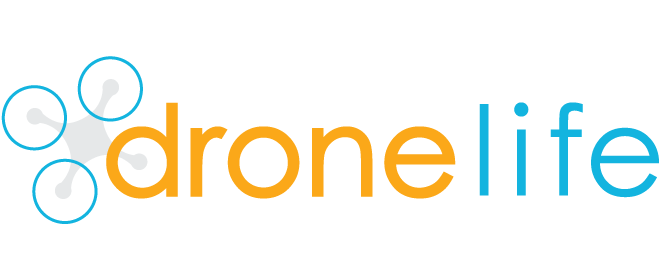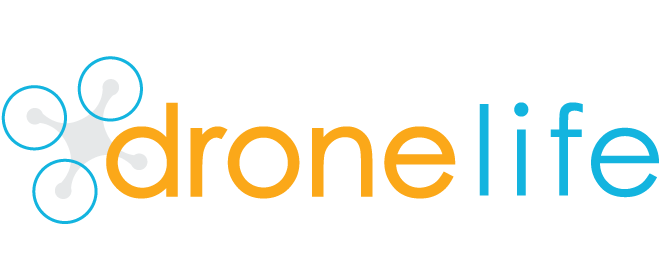
Unifly, in collaboration with the Federal Aviation Administration (FAA) and industry stakeholders, has successfully completed a groundbreaking UTM cybersecurity model project. This project aimed to refine a UTM cybersecurity model, establish requirements and a certification scheme, and validate the model in an operational environment. With the rapid growth of the drone industry, the importance of ensuring the safety and security of airspace has become paramount. UTM systems, being software-based and highly automated, are susceptible to cyber threats, making the need for a comprehensive cybersecurity approach essential. Through interviews with key stakeholders and extensive validation processes, Unifly has made significant progress in developing a security framework that will benefit the UTM industry, drone operators, regulators, and the general public by ensuring the safety and privacy of all airspace users.
Background
Unifly, in collaboration with the Federal Aviation Administration (FAA), has successfully completed the Unified UTM Cybersecurity Model project. This project aimed to refine a UTM cybersecurity model, establish requirements and a certification scheme, and validate the model in an operational environment. The rapid growth of the drone industry has highlighted the need for cybersecurity measures to ensure the safety and security of airspace. UTM systems, which are software-based and highly automated, are vulnerable to cyber threats. However, the lack of a comprehensive approach to UTM cybersecurity has necessitated the development of an updated security framework.
Project Overview

This image is property of dronelife.com.
Refining a UTM Cybersecurity Model
The first phase of the project involved conducting interviews with key stakeholders in the UTM ecosystem, including the FAA ATO, NASA, CNA, Nav Canada, and DroneUp. The concept of a unified UTM cybersecurity model was presented, and feedback and security requirements were gathered from stakeholders. This input helped refine the system requirements and security controls for the updated prototype model.
Establishing Requirements and Certification Scheme
With the input from stakeholders, the project team worked to establish the requirements and certification scheme for the UTM cybersecurity model. It was important to have appropriate prerequisites and a verification approach to ensure the effective implementation of the framework.
Validation in Operational Environment
To validate the UTM cybersecurity model, demonstrations were conducted at the NY Test site in Syracuse. Over 60 flights were carried out, incorporating various operational scenarios and simulated attacks and countermeasures. The extensive validation process confirmed the efficacy of the implemented security controls.
Stakeholder Input
Key stakeholders in the UTM ecosystem were interviewed during the initial phase of the project. These stakeholders included the FAA ATO, NASA, CNA, Nav Canada, and DroneUp. Their feedback and security requirements were crucial in refining the UTM cybersecurity model. The stakeholders acknowledged the necessity for a new security framework and emphasized the need to establish a cybersecurity direction as a baseline.
System Refinement
Based on the input from stakeholders, the system requirements and security controls for the UTM cybersecurity model were refined. The project team incorporated the feedback to ensure the model meets the necessary standards and effectively mitigates cyber threats.
Prototype Model
The updated prototype model, developed based on the refined system requirements and security controls, underwent extensive testing and evaluation. The prototype was designed to demonstrate the effectiveness of the UTM cybersecurity model and provide a foundation for future development.
Validation Process
The validation process involved conducting demonstrations at the NY Test site in Syracuse. Over 60 flights were carried out, incorporating various operational scenarios. Simulated attacks and countermeasures were also part of the validation process. The results from these demonstrations and scenarios confirmed the efficacy of the implemented security controls and served as a baseline for future cybersecurity framework development.
Commitment to Safety
Unifly remains committed to collaborations that enhance the safety of drones and airspace. The successful collaboration among Unifly, the FAA, Rhea, and NYUASTS highlights the importance of partnerships and innovation in the evolving UTM landscape. By ensuring the safety and privacy of all airspace users, Unifly aims to contribute to the overall safety and security of the UTM industry.
Importance of Partnerships and Innovation
The successful completion of the Unified UTM Cybersecurity Model project is a testament to the importance of partnerships and innovation in the UTM industry. The collaboration among Unifly, the FAA, Rhea, and NYUASTS enabled the development and validation of an updated security framework for UTM. This framework will benefit drone operators, regulators, and the general public by ensuring the safety and privacy of airspace users.
Expected Benefits
Safety and Privacy of Airspace Users
The Unified UTM Cybersecurity Model project aims to address the cybersecurity challenges in the UTM ecosystem and ensure the safety and privacy of airspace users. By implementing effective security controls and a comprehensive framework, the project aims to mitigate cyber threats and safeguard the integrity of UTM systems.

This image is property of dronelife.com.
Impact on UTM Industry, Drone Operators, Regulators, and General Public
The successful completion of the project is expected to have a significant impact on the UTM industry, drone operators, regulators, and the general public. The updated security framework will enhance the trust and confidence in UTM systems, enabling the industry to grow and innovate further. Drone operators will benefit from increased safety and security measures, while regulators will have a framework to assess and certify UTM cybersecurity. The general public will also benefit from the safeguarded airspace, ensuring their privacy and safety.
Conclusion
The completion of the Unified UTM Cybersecurity Model project marks a significant milestone in the development of a comprehensive security framework for UTM. Through collaborations with key stakeholders and extensive validation processes, Unifly, in partnership with the FAA, has refined a UTM cybersecurity model, established requirements and a certification scheme, and validated the model in an operational environment. The expected benefits of this project include the safety and privacy of airspace users and the impact on the UTM industry, drone operators, regulators, and the general public. Unifly remains committed to collaborations and innovations that enhance the safety and security of drones and airspace.


